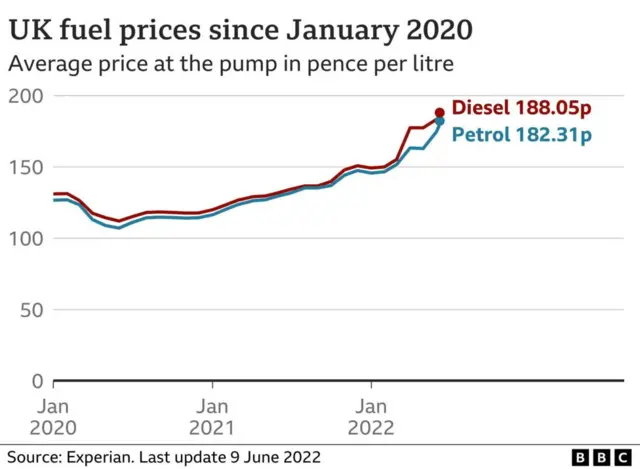How do interest rates affect me?published at 11:35 BST 16 June 2022
Mortgages
If you own your home, chances are you've got a mortgage.
If you're on a fixed rate, that won't budge whatever happens to interest rates today.
But if you're on a tracker or standard variable rate - and interest rates rise - your monthly payments will also go up.
Credit cards and loans
Even if you don't have a mortgage, changes in interest rates could still affect you.
Bank of England interest rates also influence the interest charged on things like credit cards, bank loans and car loans.
Savings
The Bank's decisions also affect the interest rates people earn on their savings.
Individual banks usually pass on any interest rate rises - giving savers a higher return on their money.
But for people putting money away, interest rates are not keeping up with rising prices.

